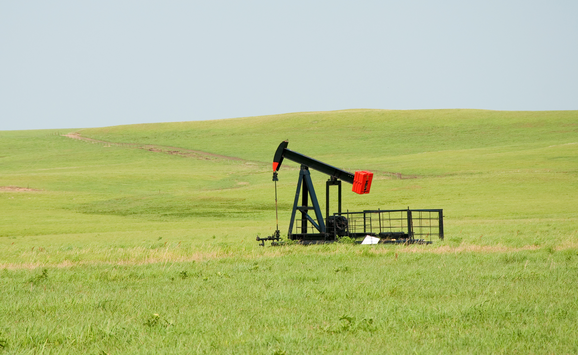Last week, President Obama released a plan to make "smart and strategic investments to create a cleaner, more sustainable transportation system." These investments would be paid for by a fee (or tax) on oil companies, which would also "reduce carbon pollution, cut oil consumption, and create new jobs." While economists at RFF see advantages to such a plan, they note that it would be more efficient for the "tax base to be broad-based—that is, on oil, natural gas, and coal."
RFF experts weigh in:
- A $10 per barrel tax moves to align the price of oil with its social costs; still, "the proposed tax does not reflect research on the full environmental costs of oil use," writes RFF’s Stephen P.A. Brown in a new blog post.
- RFF’s Alan Krupnick explains in the Washington Post that the tax might be more "politically palatable" if it was used "not for new spending but to reduce other taxes."
- "It also makes sense to start implementing it now, while oil prices are low, before consumers get too used to them again and stop wanting fuel-efficient vehicles," says RFF’s Carolyn Fischer on Climate Central.
- "This tax will reduce oil consumption, but not by a lot. . . . A broad-based carbon tax, even at a fairly low rate, would do much more to reduce emissions," says RFF’s Rob Williams on Climate Central.
RFF on the Issues connects today’s pressing news with related research and expertise at RFF.





